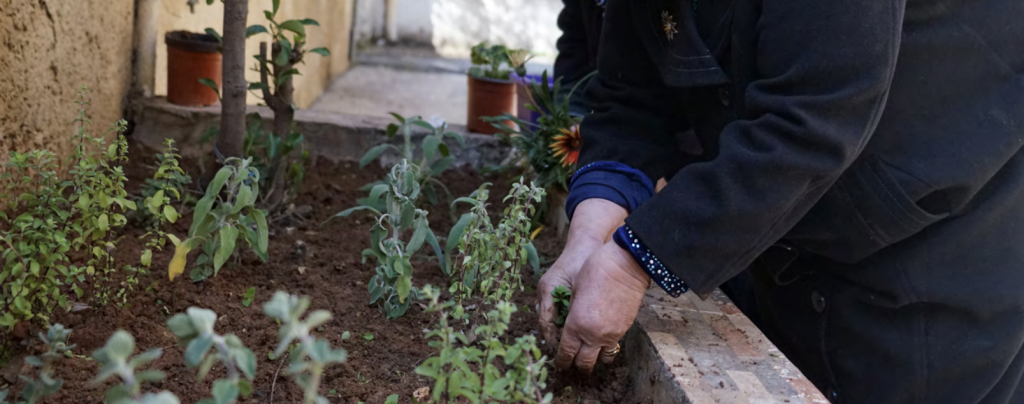
The Government of Jordan is striving to establish a universal social protection floor by 2025, as outlined in its National Social Protection Strategy (2019 – 2025). A crucial aspect of this strategy is expanding benefits to encompass all older people in Jordan. However, there is still a long way to go. The current system is fragmented, comprising a complex mix of contributory and non-contributory informal, semi-formal, and formal protection mechanisms that differ by governorate and nationality. In the absence of adequate income support, older people in Jordan – particularly those with limited economic activity due to caring responsibilities and those with ill health or disability – often rely on negative coping strategies to meet basic needs. Achieving income security is essential to ensuring that Jordanians in all their diversity can maintain dignified, safe, and enjoyable lives as they age. Securing holistic social protection is not just about income. Ensuring access to healthcare through health and transportation subsidies; secure and accessible housing; social and wellness programmes; and the integration of older people’s voices into policymaking are essential for a system that not only prevents poverty but also promotes the physical, social, and psychological wellbeing of Jordan’s aging population. Against this backdrop, HelpAge International in collaboration with the Phenix Center for Economics and Informatics Studies (thereafter: Phenix Center) in Jordan undertook mixed-methods research to examine the social protection gaps in Jordan and identify pathways for extending social protection to all older people.
The research of this policy brief adopted a human-rights-based approach to social protection, based on the premise that all members of society, regardless of status or economic contribution, deserve fundamental protections and securities for secure and meaningful lives.
To read the full article: click here
Disclaimer: Except for articles published on Blog Tadamon and the content of the resource pages, all materials on this website, including their respective photographs, are indexed from their original sources. All rights remain with the respective copyright holders.

Comments are closed, but trackbacks and pingbacks are open.